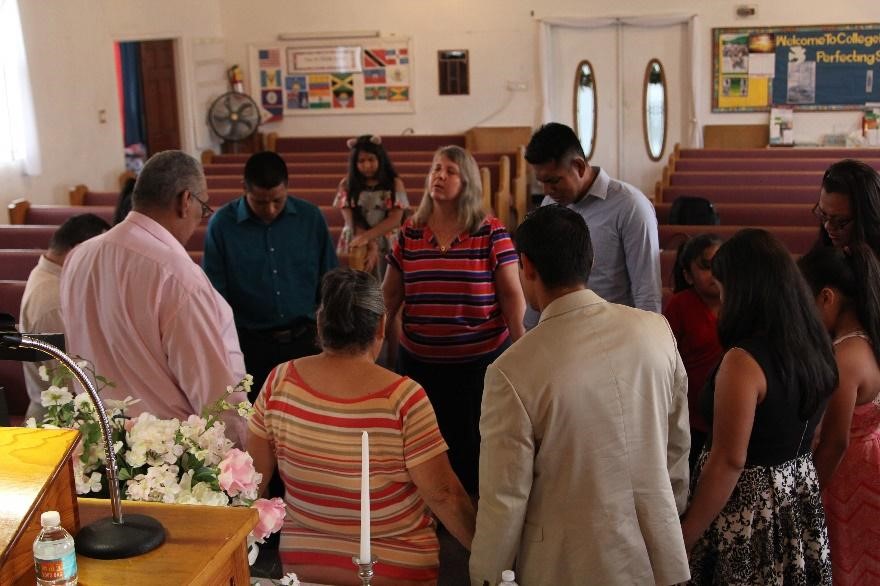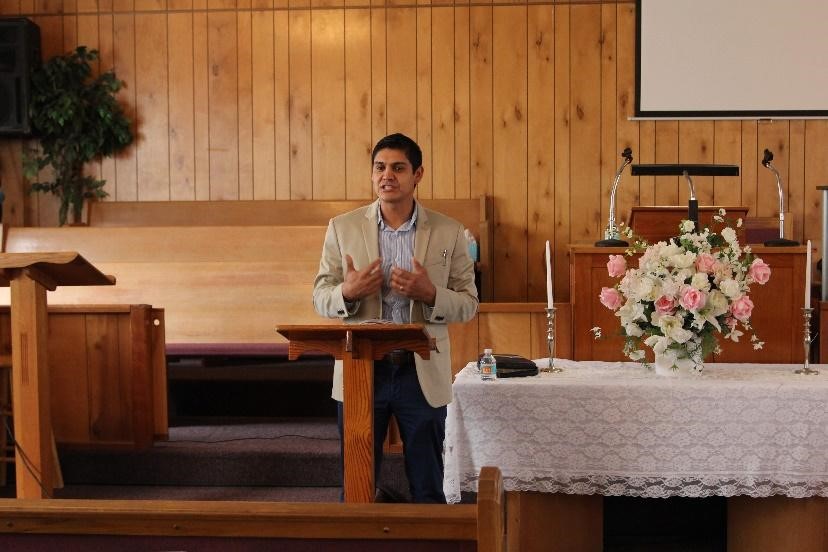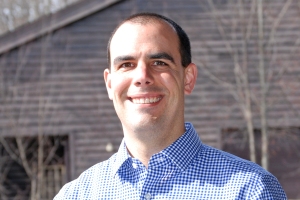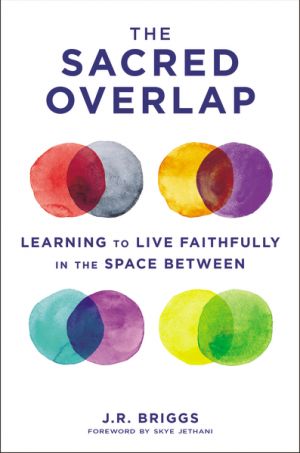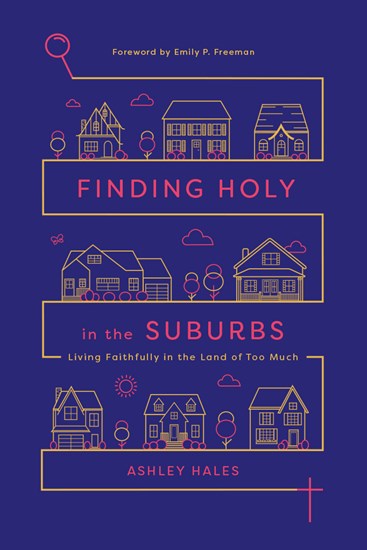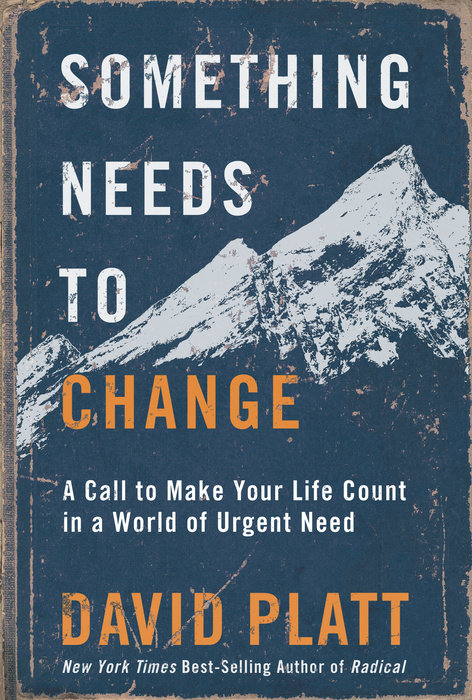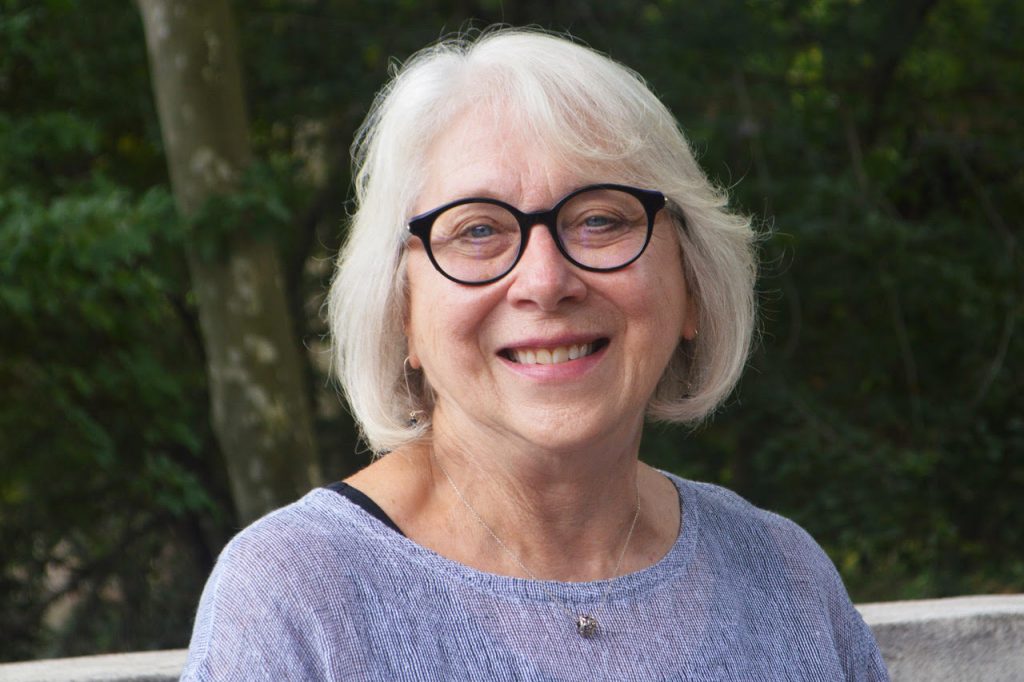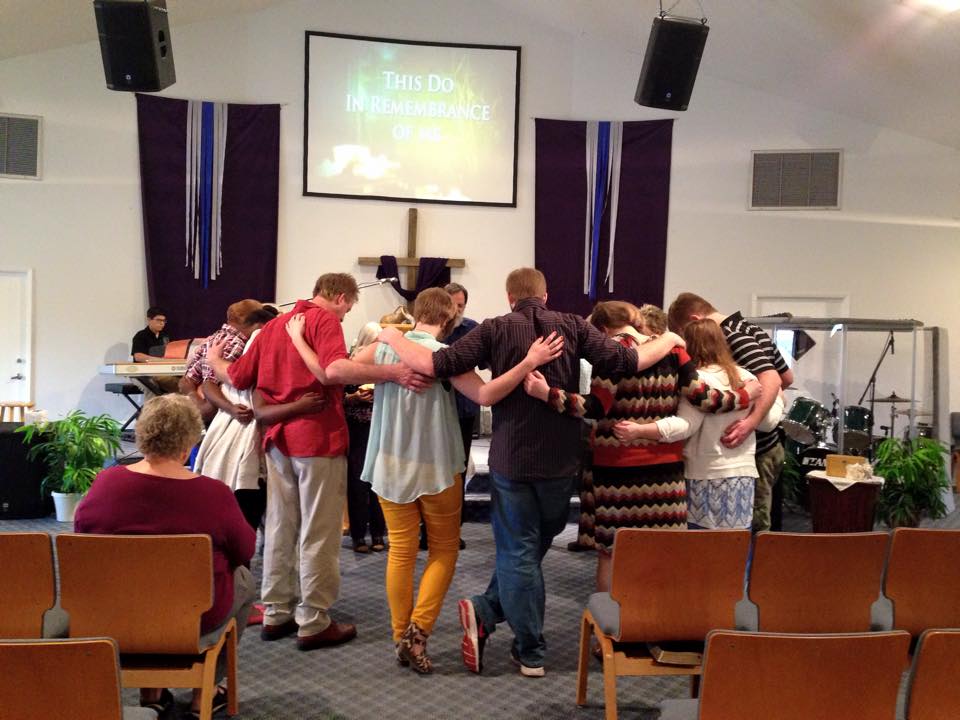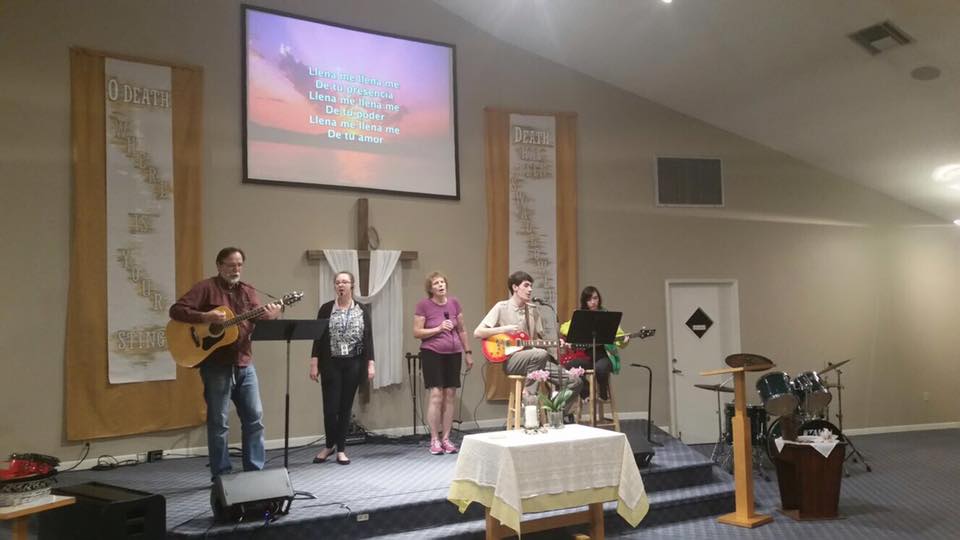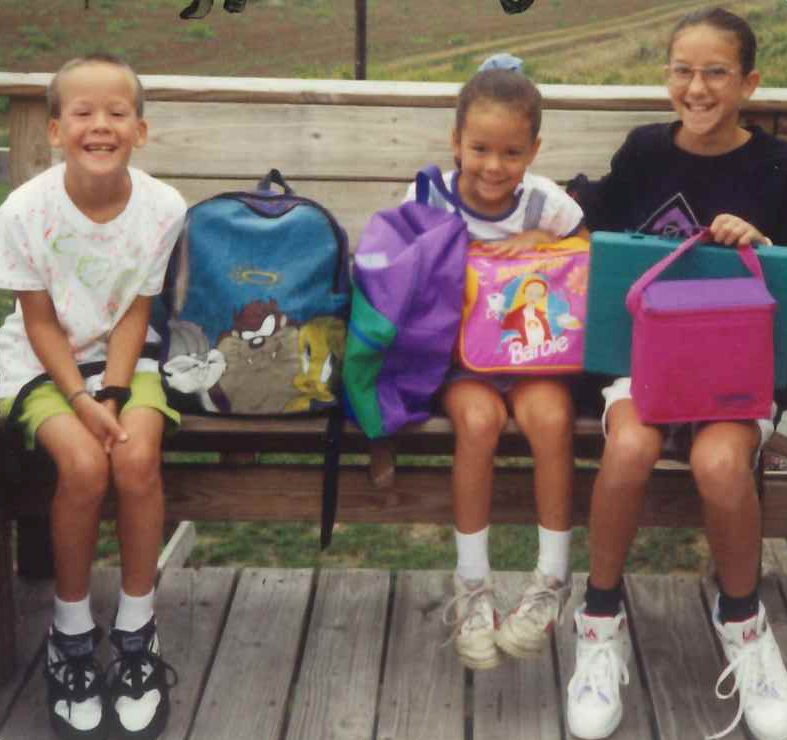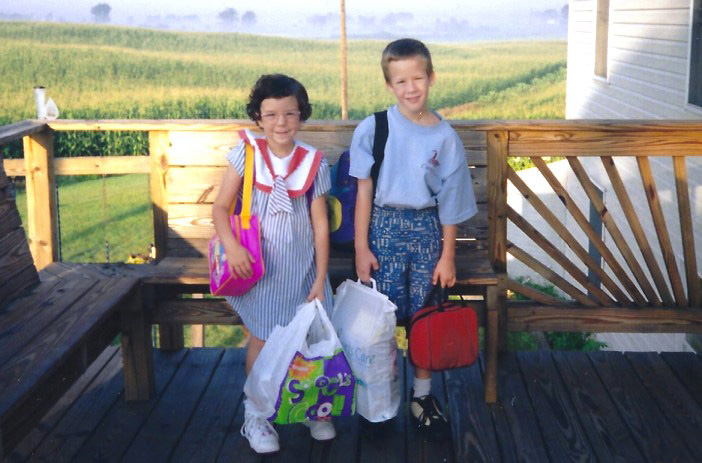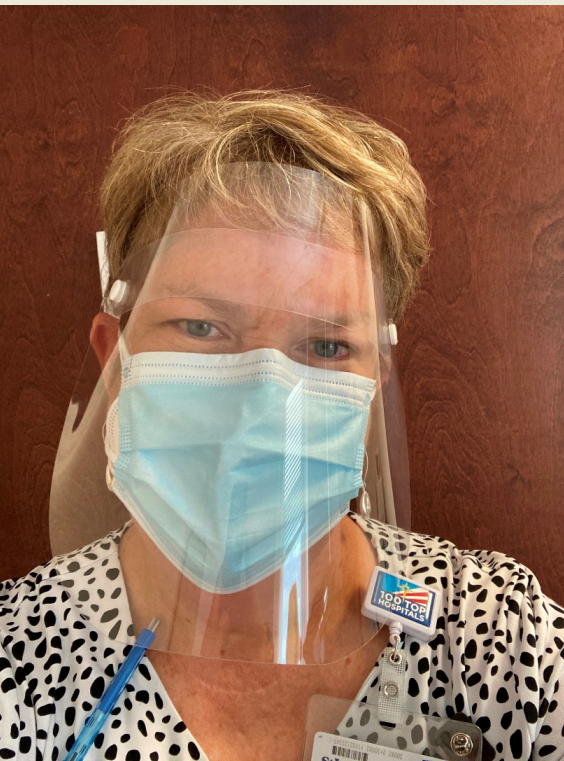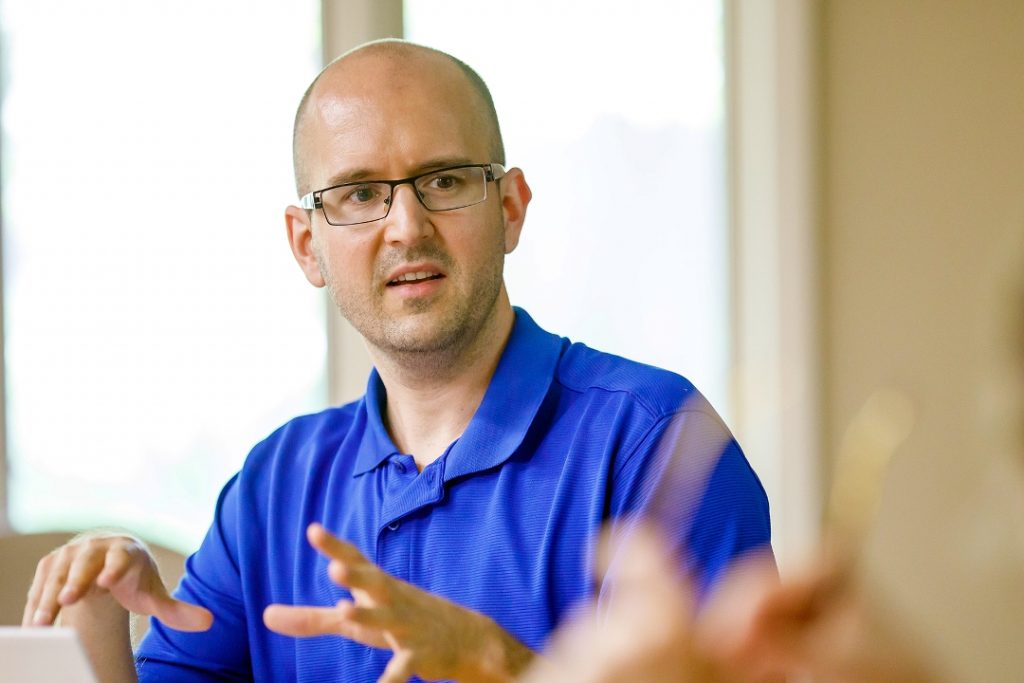by Hendy Matahelemual, Indonesian Light congregation (Philadelphia, PA)

When I was a little boy, I wanted to wear glasses. I used to play with my parents’ glasses. I would put them on, but of course, I could not see clearly. My parents would discourage me from playing with their glasses. But I felt so cool when I did. Both of my parents wore glasses and some of my friends at school did too. So for me, glasses were cool. That’s why I was a bit disappointed knowing that my vision was just fine, 20/20, and I didn’t need glasses. That was a long time ago.
“20/20 vision” is a term used to describe normal visual acuity measured at a distance of 20 feet. At the beginning of 2020, I was excited in my faith, believing that God would give me a “perfect vision,” but my excitement changed after the pandemic hit. Now six months have passed. Seeing God’s vision each day is not easy in 2020, or maybe we just need to see it with a new lens.
What is God’s vision for me this year? The writer of Proverbs said, “When there is no vision, the people perish” (Proverbs 29:18, KJV). I often pray, “God, I want to see what you see, I want to feel what you feel.” Sometimes I get a revelation, and sometimes I don’t. But one thing is for sure: God always gives me a new lens. God always shows me a new perspective.
No one could predict 2020 was going to be like this: pandemic, war, police brutality, racial justice issues, wildfires, hurricanes, earthquakes, economic crises, and more. No one saw it coming, but is this a new thing?
The book of Ecclesiastes (1:9) says, “What has been will be again, what has been done will be done again; there is nothing new under the sun” (NIV). Maybe this is right; there is nothing new. Maybe the reason that we don’t see it is because we choose not to see it.
Every aspect of humanity has fallen. In the era of the fastest 5G internet connection, humanity is still very slow to forgive and forget. Most humans still choose to retaliate rather than turn the other cheek. It feels like the four horsemen are just around the corner.
My friend said to me recently, that at this particular time, she can really understand the proverb, “Ignorance is bliss.” It’s easier for us to wear our comfortable glasses instead of wearing the glasses that see all this messy reality. God wants us to have “perfect vision,” seeing the world as this big mess that only Jesus can heal (both in Spirit and with His second coming). Or as my friend said, “There’s no Messiah without a Mess.”
Seeing with a new lens means that we see reality as it is, fully embracing pain, fear, struggle, and suffering to the fullest before giving it to God. Sometimes seeing with a “perfect vision” means that you will have blurry vision, a vision with less clarity, due to the tears in your eyes. These tears come because you finally understand the pain, struggle, and suffering in our humanity.
Sometimes seeing with a new lens is seeing with a grieving eye. As Jesus said, “Blessed are those who mourn, for they shall be comforted” (Matt. 5:4, ESV).

